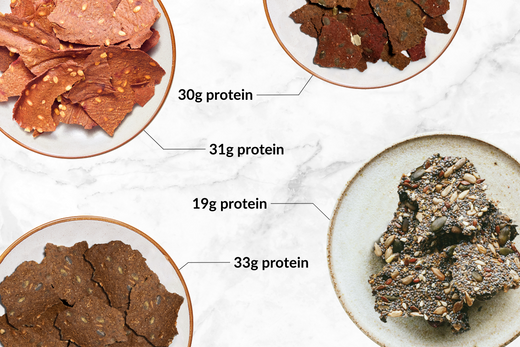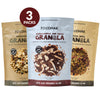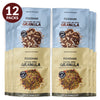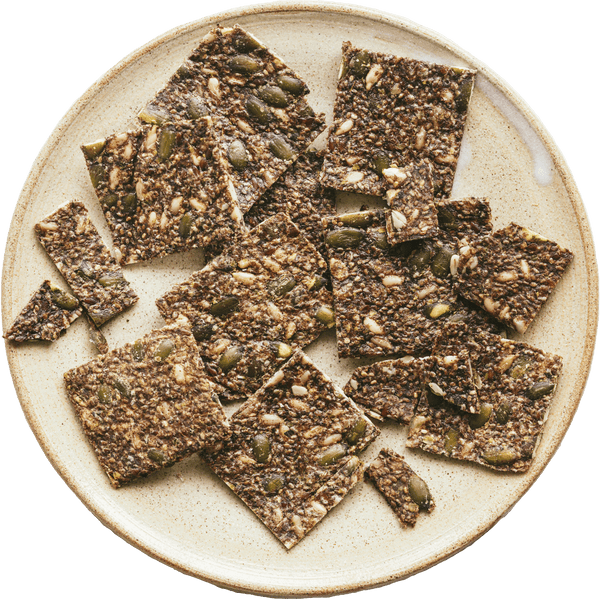
Is natural protein better for you than processed protein?
When it comes to protein consumption, not all sources are created equal. Natural protein, derived from whole foods, offers a range of benefits that ultra processed protein powders simply can't match. That's why it's essential to look at the ingredient list on your favourite protein bar, not just the protein and calorie content. Let's explore the advantages of choosing natural protein over its highly processed counterpart.
Higher Nutrient Content
Natural protein sources, such as lean meats, fish, eggs, nuts, and legumes, are packed with essential nutrients like vitamins, minerals, and antioxidants. These nutrients play a crucial role in supporting overall health and well-being. On the other hand, ultra processed protein powders often lack the same level of nutrients due to the manufacturing process. The manufacturing process may concentrate an ingredient's protein density but it also strips it of nearly all nutritious value.
Better Digestibility
Whole food sources of protein are typically easier for the body to digest compared to ultra processed protein powders. Plus, ultra processed protein's reliance on chemicals and unnatural ingredients can make it a strain on the gut. This means that natural protein is more readily absorbed and utilised by the body, allowing for optimal muscle recovery and growth. In contrast, some individuals may experience digestive issues or discomfort when consuming highly processed protein supplements.
Lower Added Sugar and Artificial Ingredients
Natural protein sources are free from added sugars, artificial flavors, and preservatives that are commonly found in ultra processed protein powders. They're high protein by nature so don't require extras ingredients to increase their nutritious value. By choosing natural protein, you can avoid unnecessary additives and reduce your intake of refined sugars, which can have negative effects on health when consumed in excess. Plus, who doesn't feel better with a natural option?
Sustainable and Environmentally Friendly
Opting for natural protein sources supports sustainable food production practices and reduces the environmental impact of food processing. Whole foods like beans, lentils, and tofu have a lower carbon footprint compared to the production of ultra processed protein powders, which often involve extensive manufacturing processes and packaging. It's food that's equally good for your body and the planet.
Improved Taste and Texture
Natural protein sources offer a variety of flavours and textures that can enhance the overall eating experience. From juicy grilled chicken to creamy Greek yogurt, whole food proteins provide a satisfying and enjoyable way to meet your nutritional needs. In contrast, some people may find the taste and texture of ultra processed protein powders to be less appealing.
Overall, choosing natural protein over ultra processed protein can have a positive impact on your health, the environment, and your overall eating experience. By incorporating a variety of whole food protein sources into your diet, you can reap the numerous benefits that natural protein has to offer.




























